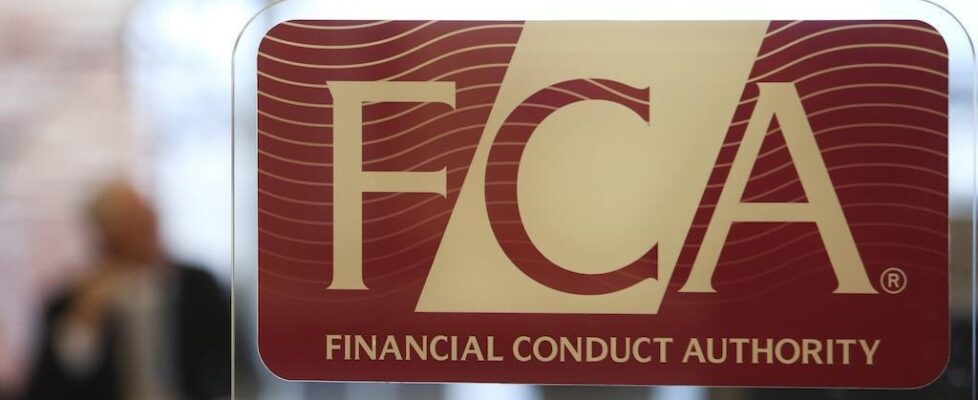FCA under fire for failures of LCF regulation
The UK Financial Conduct Authority (FCA) has come under fire in a report authored by Rt. Hon. Dame Elizabeth Gloster DBE in her capacity as the independent investigator into the FCA regulation of London Capital & Finance (LCF).
Dame Elizabeth conducted an investigation into the relevant events relating to the regulation of London Capital & Finance plc.
The Investigation has concluded that the FCA did not discharge its functions in respect of LCF in a manner which enabled it effectively to fulfil its statutory objectives. In all the circumstances, the Investigation concludes that the Bondholders, whatever their individual personal circumstances, were entitled to expect, and receive, more protection from the regulatory regime in relation to an FCA-authorised firm (such as LCF) than that which, in fact, was delivered by the FCA.
The root causes of the FCA’s failure to regulate LCF appropriately were significant gaps and weaknesses in the policies and practices implemented by the FCA to analyse the business activities of regulated firms.
First, the FCA’s approach to its regulatory perimeter was unduly limited. In general, the FCA did not sufficiently encourage its staff to look outside the Perimeter when dealing with FCA-authorised firms such as LCF.
LCF was a regulated firm, but the majority (if not all) of its revenue was generated from non-regulated activities. The Investigation has concluded that LCF’s bond business did not constitute “regulated activity”. As a result of the FCA’s approach to the Perimeter, this core aspect of LCF’s business was not subject to sufficient scrutiny.
Second, the FCA failed to consider LCF’s business holistically. Instead, FCA staff analysed LCF’s breaches as though they were isolated issues. In particular, they did not consider whether, and if so how, these issues were indicative of broader concerns with LCF’s business.
For instance, LCF had repeatedly breached the FCA’s financial promotion rules by using its FCA-authorised status to attract investors to its non-regulated bond business. The FCA’s Financial Promotions Team had raised concerns regarding LCF’s financial promotions in correspondence on 18 January 2016, 2 September 2016, 5 April 2017, 1 June 2017, 12 June 2017 and 18 August 2017. Nevertheless, these breaches did not result in a referral to the Supervision or Enforcement Divisions for further review. As a result, the FCA did not consider whether LCF’s breaches might be symptomatic of a more serious problem.
Third, FCA staff who reviewed materials submitted by LCF had not been trained sufficiently to analyse a firm’s financial information to detect indicators of fraud or other serious irregularity. This weakness permeated various aspects of the FCA’s regulation of LCF.
For example, a member of the Authorisations Division with responsibility for reviewing LCF’s First VOP Application had no accountancy (or other relevant) qualifications. When interviewed, the individual said that training to analyse company accounts was mainly “on-the-job”.
Similarly, in interview, a supervisor in the FCA’s Supervision Division told the Investigation that,
“I don’t believe to the best of my knowledge that there is much training around how to identify financial crime”.
Members of the Financial Promotions Team were also not trained to read financial information to recognise unusual or suspicious entries.
The permissions granted to LCF were not appropriate for the business that it conducted, the Investigation concludes.
The FCA granted LCF permissions for regulated activities that it did not carry on. This ought to have been evident to the FCA, the report says. LCF repeatedly submitted documents to the FCA which showed that LCF was not generating any revenue from regulated activities and had no clients from regulated activities. LCF’s regulatory business plan dated 4 October 2016 stated that its actual revenue from regulated business in 2015 and 2016 was £0.
The FCA was aware that LCF repeatedly breached the financial promotions rules, the Investigation concludes. However, the Financial Promotions Team (which formed part of the Supervision Division) handled each case separately rather than considering whether the pattern of conduct was indicative of poor culture or systems and controls, or even misconduct, at LCF.
The FCA failed to respond to repeated allegations by third parties that LCF might be engaged in fraud or serious irregularity. These warnings included at least 15 calls from a single individual between 15 July 2016 and 22 February 2018, voicing detailed concerns about LCF.
The Investigation finds that the FCA’s failures of regulation are not excused or mitigated by the risk associated with LCF’s products. LCF’s rates of return were generally favourable given the market conditions at the time. However, the FCA had access to a range of information which suggested that LCF bonds carried a degree of risk beyond that which was demonstrated by the high rates of return (for example, risk arising from potential fraud or serious irregularity). It would have been far more difficult for the Bondholders to have appreciated this risk.
Finally, the FCA has pointed to the Register and ScamSmart website as tools which were designed to inform members of public of potential risks. The Investigation considers that the availability of these tools does not excuse or mitigate the FCA’s deficiencies in regulating LCF. ScamSmart did not dissuade investors from proceeding with their investments in LCF.





